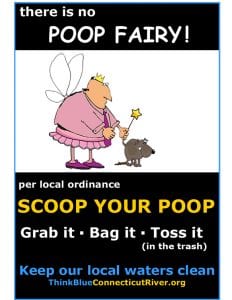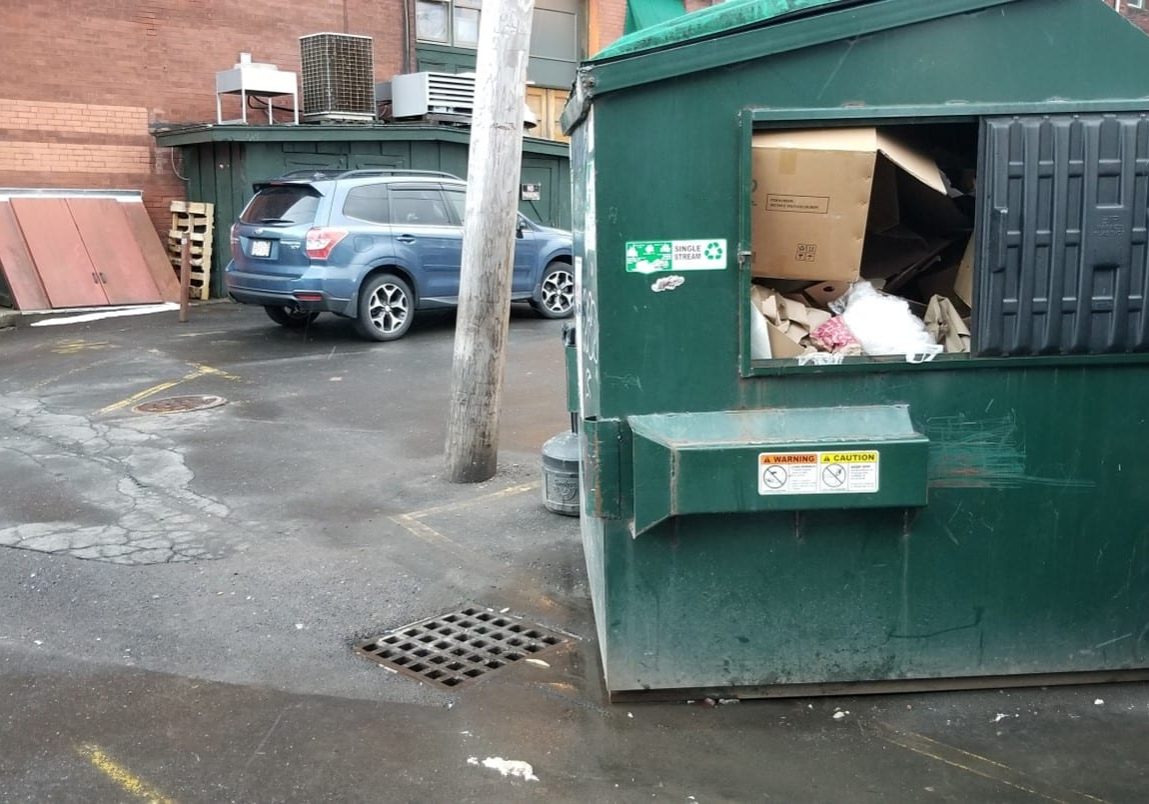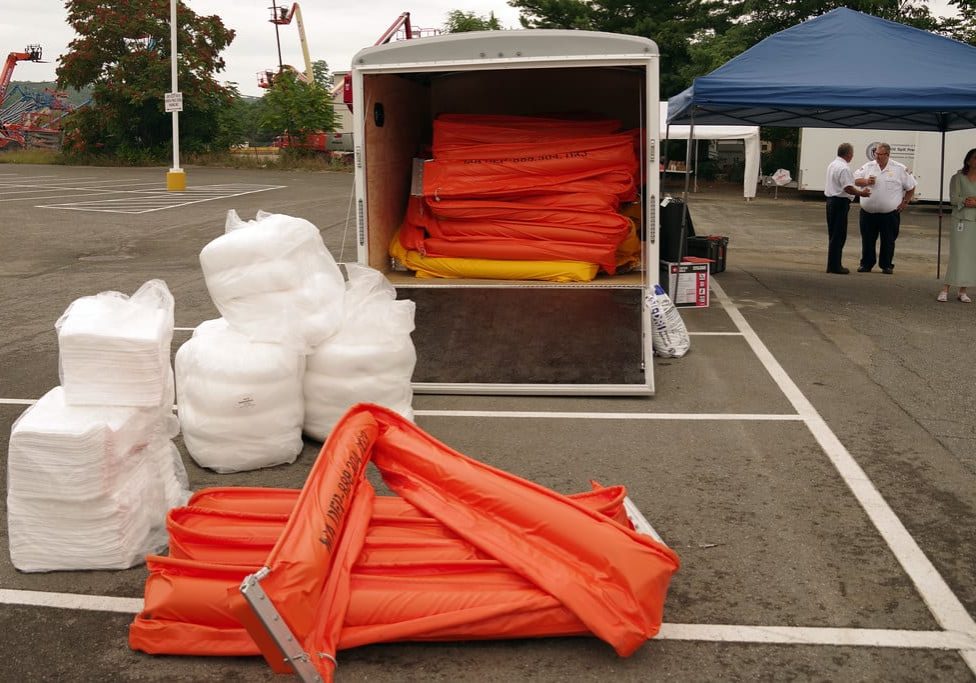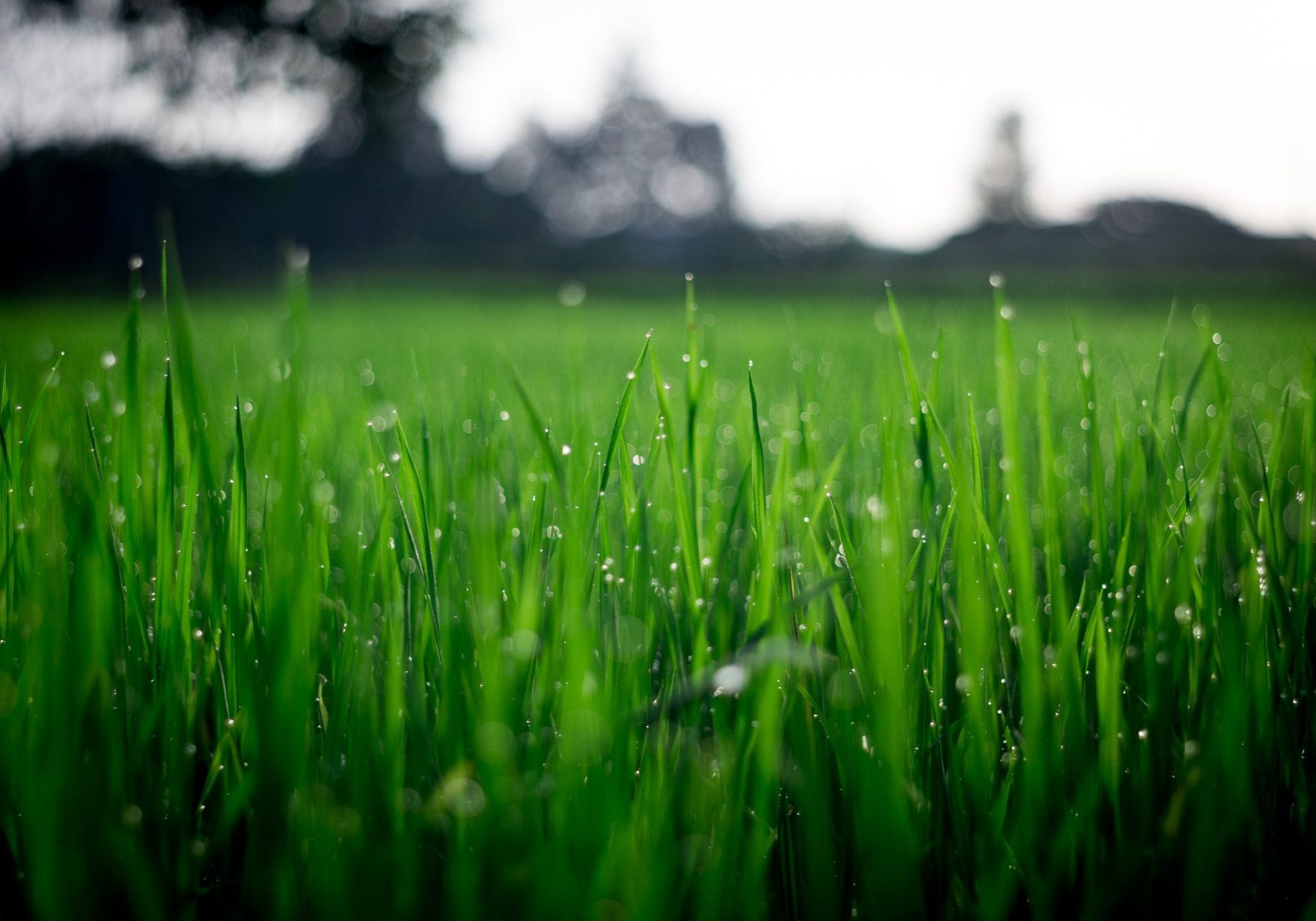Three Key strategies
How you care for your property can impact nearby streams, rivers, lakes, ponds, and wetlands. Roofs, walkways, parking lots, and lawns often direct rainfall into the roadway and down street drains. These flows that run off your property can pick up contaminants from surfaces along the way — trash, pet waste, fertilizers, detergents, salt, and motor oil — and move through drains out to pollute nearby waters.
Pet Waste Resources For Your Property
 The Connecticut River Stormwater Committee is pleased to offer several resources to help promote better behavior around your property on pet waste disposal. See the following links:
The Connecticut River Stormwater Committee is pleased to offer several resources to help promote better behavior around your property on pet waste disposal. See the following links:
A 12" x 18” sign template (adapted with permission from the Greenville, SC, County Soil & Water Conservation District)
Quotes solicited in the region for sign fabrication and hardware

PREVENT DUMPSTER AND COMPACTOR "JUICE"
Dumpsters and compactors are meant to temporarily collect waste until it is hauled away for proper and permanent disposal. However, improper use or maintenance of this equipment often leads to harmful impacts on our natural environment and can have public health implications.
Keep dumpsters and compactors covered at all times so that rainfall does not run through garbage, leak "juice" onto parking lots, and wash off into storm drains. This "juice" can contain oil, grease, sediment, and bacteria. If you see such liquid, work with your solid waste contractor to make sure the dumpster is frequently emptied, lids are in good condition, and that the dumpster and/or compactor are water-tight. Also, locate your dumpster and compacter as far away from storm drains as possible.
Following are resources to help guide dumpster users (such as businesses and institutions) and dumpster permit granting authorities (typically Boards of Health) toward best practices in preventing contaminated runoff from waste containers.
for Dumpster Users and Managers, see:
For Boards of Health and other dumpster permit granting authorities, see:

PREPARE FOR AND PREVENT SPILLS
Walk your grounds to identify the specific areas with the greatest risk of spills or leaks. Make sure spill kits appropriate to the area are installed and well stocked at all of these high-risk areas. Most importantly, employees should be trained and tested through simulations in how to respond. For more tips on preventing spills, click here. To learn more about oil spill prevention, visit the Mass.gov webpage.

FERTILIZE LAWNS LESS
Get a soil test before you or your grounds contractor apply any fertilizer to your lawn or garden. The results will let you know what your lawn and garden actually need in terms of nutrients. For more information, click on "Get a Soil Test" at the UMass Testing Lab. It is simple and inexpensive. To read more about lawn and yard care, click here.
